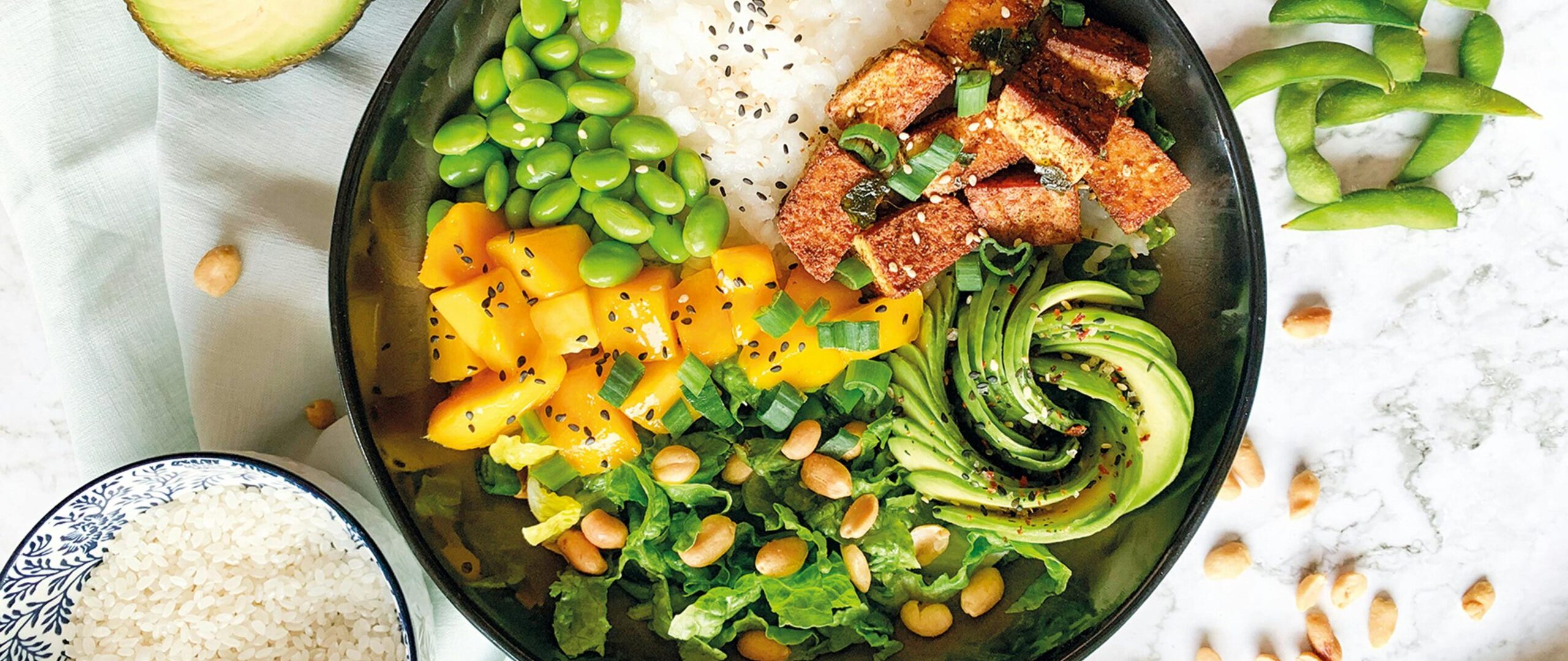U.S. market awareness of mango, the world’s “King of Fruits,” has risen significantly since the new millennium began. In 2021, value-added fresh fruit aisles across US food outlets witnessed a 27.3% increase in dollar sales over the previous calendar year (Fig. 1). Chefs and home cooks continue to find ways to incorporate fresh-cut mango into menu offerings as a standalone fruit and as an ingredient in salsa, dessert, beverage recipes, and numerous other innovative uses. Industry experts are optimistic about future demand growth rates of ten percent or more over the next five to ten years for value-added mango. To continue introducing consumers to this nutrient-rich fruit’s candy-like flavor, we talked with industry professionals who work with value-added produce to learn how growers may better position themselves to sell into this supply chain.
Figure 1. Total U.S. multi-outlet fresh fruit and vegetable sales, nonvalue and value-added, 2021.

While there exists an array of mango varieties available to the market, the Kent variety is preferred by large processors and food distributors, as it is less stringy, possesses a recognizable flavor profile, and is more suitable for processing in both size and year-round availability. There exists potential for smaller growers to process and market US-grown varieties to consumers who are looking for new and unique palate-pleasing flavors and textures for their menus.
Currently, a barrier to increased fresh fruit consumption and value-added processing is the difficulty (and injury risk) in peeling and coring mangos. There is potential for exploration and development of small-scale microtechnologies that may reduce the labor time and expense required to process mangos. We encourage entrepreneurial-minded growers to work with craftspeople to design and develop such equipment at costs that may be affordable to smaller-scale processors.
Adopting and adhering to a written food safety plan is of paramount importance for all participants in the mango industry across all product forms and marketing outlets. We recommend that growers invest time and resources in educating themselves and everyone involved in their supply chain to ensure regulatory compliance and transparency to buyers and auditors. This investment will provide dividends in the form of long-term business success, maintenance of customer relationships, and overall growth of the mango industry.
Sustainability factors, such as carbon neutrality, waste reduction, and fair labor practices, are growing important to the agricultural industry. Each of these factors impacts the bottom line of a value-added business, whether in the form of market access, financial performance, or impacts of regulatory policies and procedures. We suggest that Southeastern mango growers and processors spend time discussing and gathering information from company leadership, managers, and employees to review the variables in sustainable practices and implement a select few that best match the fruit grower’s mission and core values.
Funding Statement: This work was supported by the National Mango Board.
Morgan, Kimberly. “Opportunities for Southeastern-grown Value-added Mango Products: Conversations with fresh-cut produce professionals.” Southern Ag Today 4(44.5). November 1, 2024. Permalink

Leave a Reply